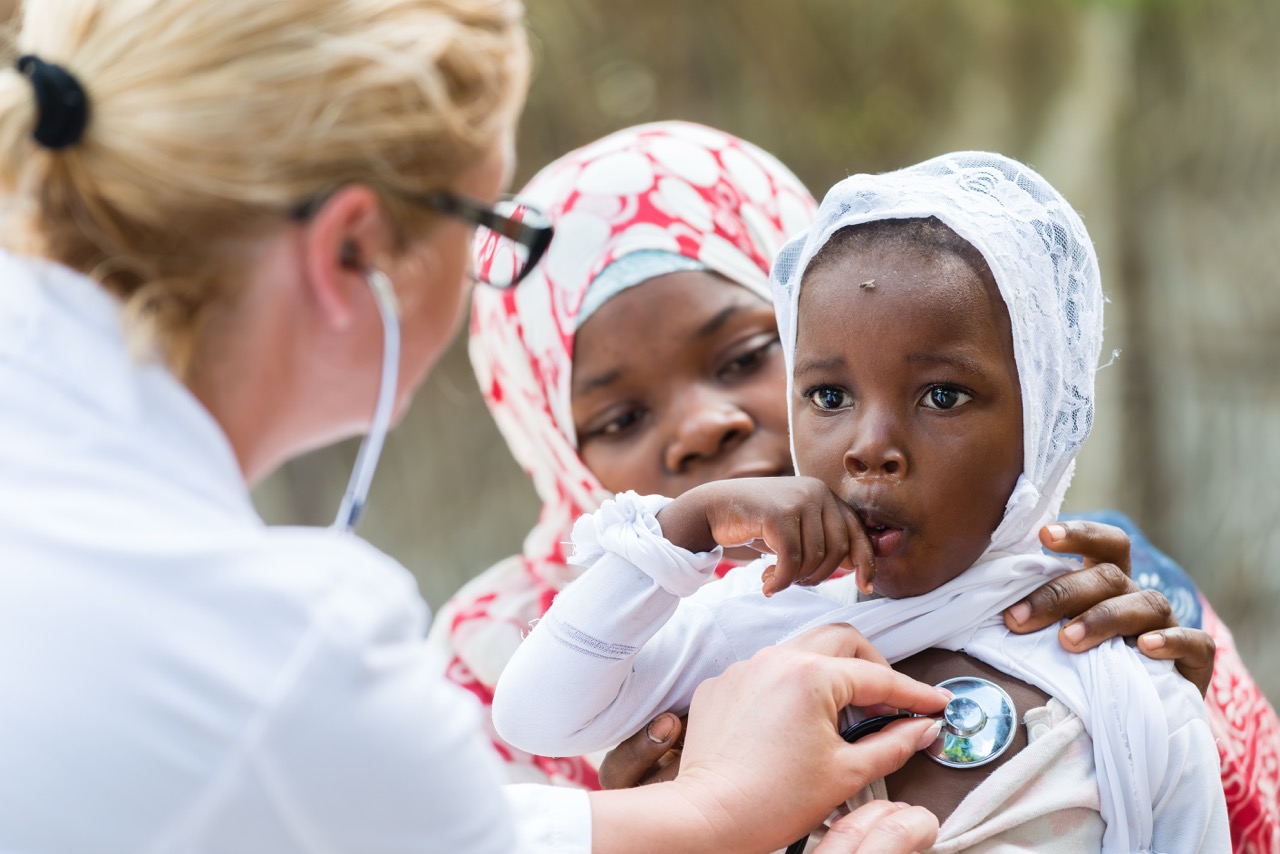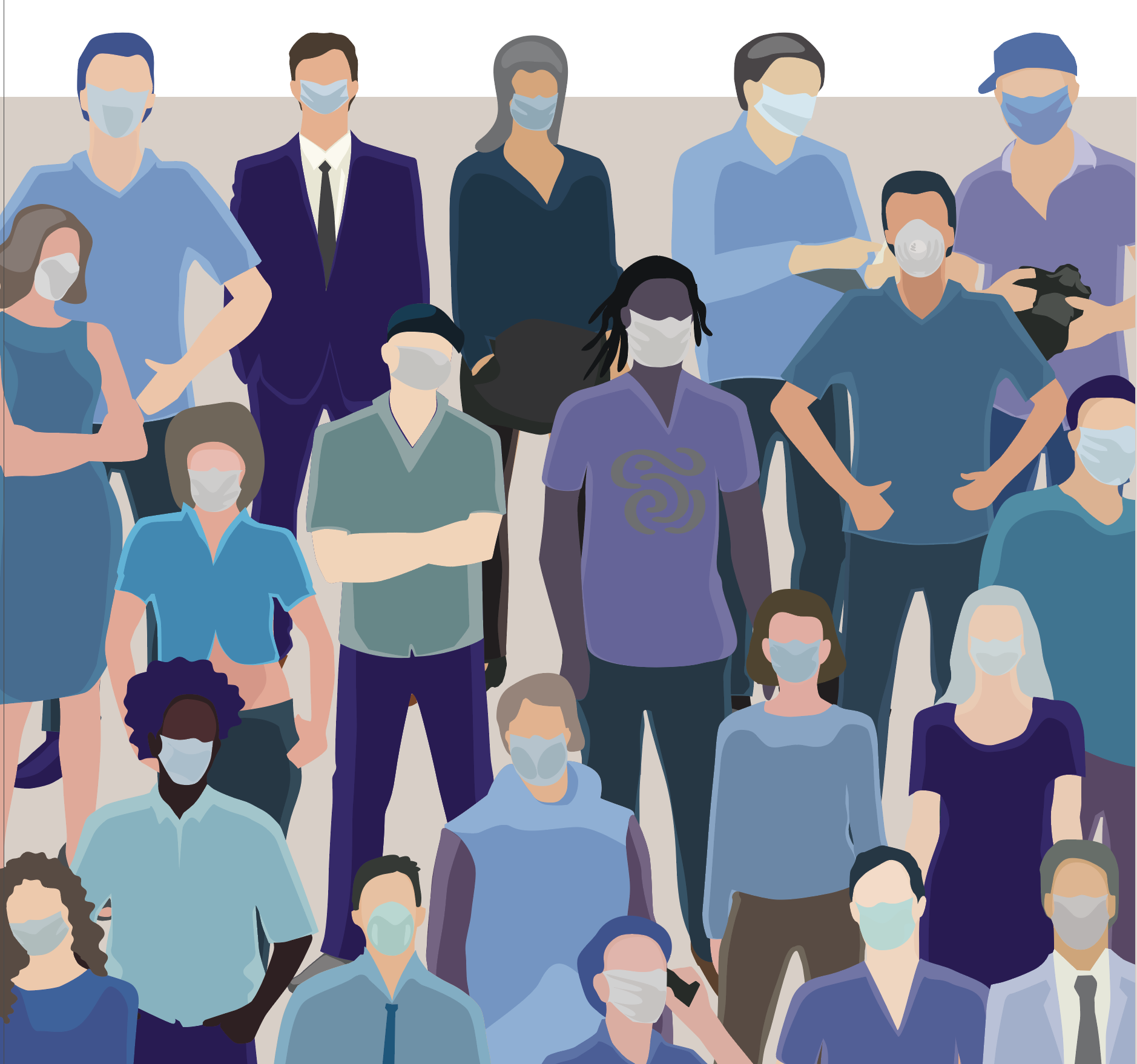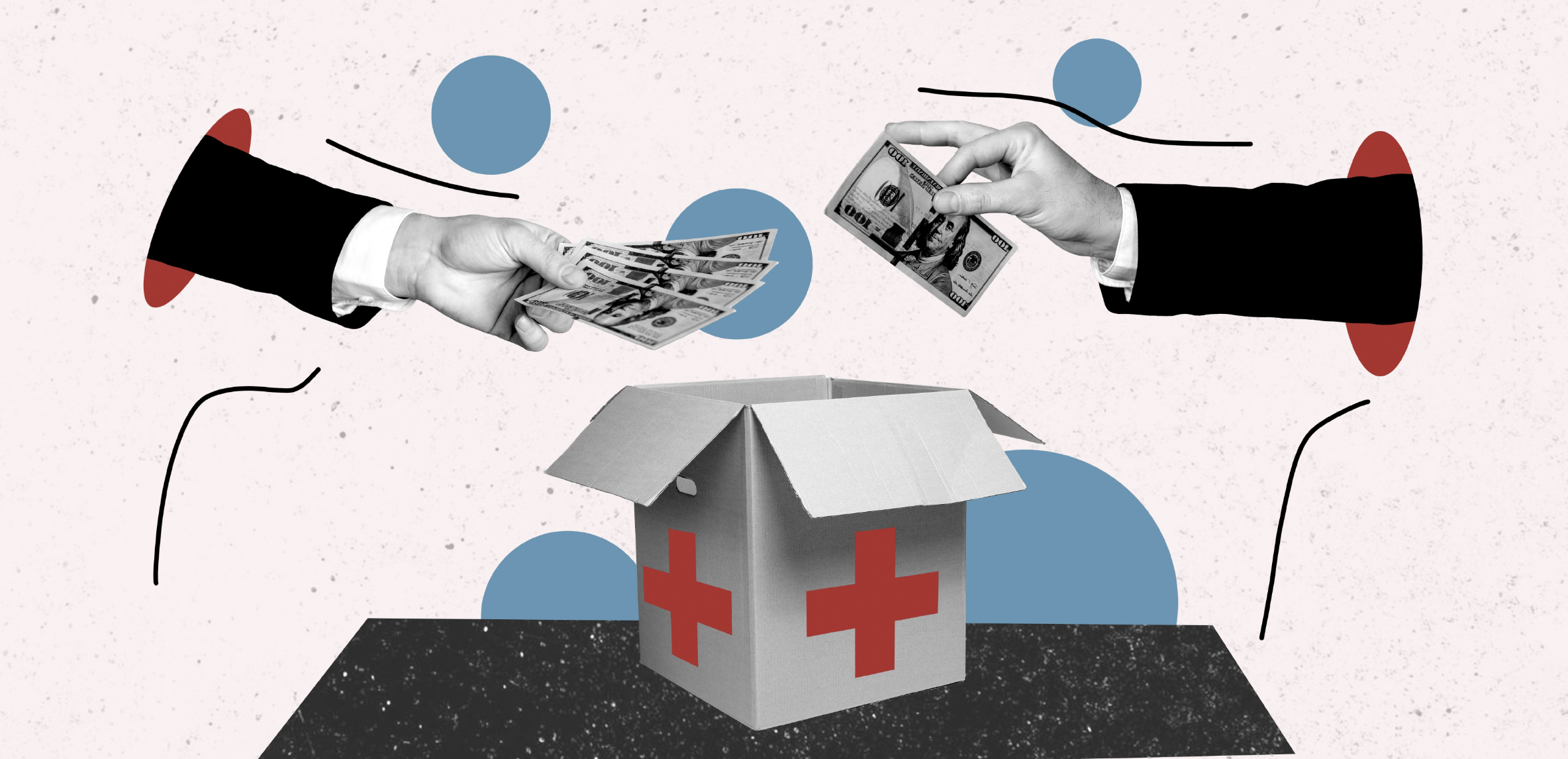We must tackle the current global health financing emergency now to save lives
The world is facing a global health financing emergency. Countries were already struggling to pay for health services because of the ballooning costs of servicing loans, the continuing economic effects of the Covid-19 pandemic and deprioritisation of health in budgets, with increasing spending on defence. The recent dramatic aid cuts by the United States and other countries have exacerbated this emergency. Feedback to the World Health Organization from more than 100 countries shows severe disruptions to health services in almost three-quarters of countries, and closures of health facilities in one-quarter of countries. To avoid preventable deaths and suffering, and make progress towards inclusive economic growth, countries can and must act now to protect essential health services through prioritising the worst off, increasing efficiency, generating new revenue through taxes and other sources of funding from global partners, and better pooling this spending on health.
Forging a new path
Although this crisis threatens lifesaving programmes and the millions of people who rely on them, it also presents an opportunity for countries to transition away from aid dependency towards self-reliance, based on domestic resources. Countries are asking for the WHO’s technical advice and support to navigate that transition, while protecting progress towards universal health coverage. Our advice is to prioritise the poorest, protect health budgets, resist reductions in public health spending, and avoid cutting services or closing facilities. Instead, countries can absorb some of the impact of aid cuts through efficiency gains, by improving procurement, minimising overheads, pooling purchasing of goods and services, integrating donor- or disease-specific services into a comprehensive delivery approach, and using health technology assessments to guide decisions on which services and products provide the biggest health gains for the money.
But countries also need to prioritise health spending and generate new sources of revenue. Many countries have already acted: Kenya, Nigeria and South Africa have all allocated additional funds to health or are awaiting parliamentary approval for funding increases.
To support raising revenue for health, countries can strengthen the pooling of health spending by improving domestic revenue and tax systems. The health sector must engage closely with finance authorities to ensure adequate funding for programmes, including social and community insurance where these exist, to build collective solidarity against catastrophic health spending.
Countries can also strengthen national tax administration capacities. For example, countries can introduce or expand taxes on products that harm health, including tobacco and alcohol and sugary drinks. This is a no-regrets measure. Evidence continues to grow that health taxes are an efficient and cost-effective way to improve health and raise overall government revenue. Countries including Colombia, the Gambia, Philippines, South Africa, Sri Lanka, Timor Leste, Thailand and others have recently introduced or expanded such taxes, and seen consumption decrease and revenues increase. Taxation to raise prices of tobacco, alcohol and sugary drinks by 50% could raise $2.1 trillion in low-income and middle-income countries over the next five years, and prevent 50 million premature deaths over the next 50 years.
Securing external health funding
Not all these measures will be right for every country, especially countries with weak tax collection or a large, unregulated informal sector. In all contexts, strong public financing systems are needed to support equitable access to quality health services. The WHO is working with countries to identify which measures are best for them, and to tailor those measures accordingly.
However, efficiency gains and domestic revenue generation alone will not be enough for many countries, which will need concessional loans to support the most cost-effective investments, aligned to country priorities and flowing through country systems. To avoid exacerbating the ongoing debt crisis and make loans more affordable, these financial flows need to be coupled with grants and debt to health swaps underwritten by development banks. G7 members can play an important role, by ensuring any new external health financing – given either bilaterally or through global health initiatives – is channelled through domestic budgets, aligned with national priorities and based on the principle of ‘one plan, one budget, one report’.
Without urgent action, this global health emergency will lead to the collapse of health systems in countries and deaths from diseases we have affordable measures to prevent. But if countries act now, with the support of global partners, together we can minimise suffering during this crisis and even see stronger and more resilient health systems and economies. The WHO is committed to doing whatever we can to help countries weather this storm to ensure people receive the quality health services they need.












